LPR for Public Safety: What Does That Really Mean?
You may have heard us talk about LPR for public safety but are unaware of what that really means and how simple it is to practically use. Let’s explore that together.
A Brief Overview of LPR and Vehicle Recognition
License plate recognition, (LPR) is the process of capturing license plate data through cameras focused on entry and exit points of the facility. omniQ enhances that data with vehicle recognition and occupancy count of the car. This data can be used for security, issuing and enforcing parking permits, and more.
What Happens with the Data
Once the data is collected it goes through a neural network that matches the information and creates actionable results. If a car matches the description of a BOLO vehicle the police will be able to act. If the car is not allowed on the premises due to being blacklisted or not having a permit, your security can be notified. The results are custom, based on the way you need it set up.
Where Does omniQ Get These Lists?
Whitelists will come from a list of your employees or those who have logged into the payment software. Blacklists are set up by an administrator from your company or school. These are typically previous employees, non-custodial parents, and anyone else who shouldn’t be allowed on your premises. Be-on-the-lookout, Bolo, lists come from the police. These lists can be requested and integrated into your software.
What About Software?
The PERCS software is used for permitting and the Ecite software is used for issuing citations. Depending on your needs we’ll get you set up with a custom interface that works best for you.
What if I already have processes in place and would like to maintain them?
No problem, if you have proprietary systems or 3rd parties you already work with we’re more than happy to work together on a custom solution that works best for you. For example, if you work with a company already that manages door locks and surveillance cameras in a school
We can push data to them within 20 milliseconds of receiving it for extra warning if someone is trying to enter the premises.
Use Cases
How do you know if LPR is right for your business? Well if your business is large enough to have a parking lot that is used by a mix of people, like employees and customers, students and teachers, pilots, and airport patrons, then it’s a good idea to add the additional layer of security.
If you have a barrier gate, we can integrate with it, but you don’t need one to make the system work for you.
What About in Poor Conditions
omniQ cameras are designed to be able to work with little to no light and in nearly white-out weather conditions. This is why we feature a two-camera system. Are two cameras required to get the job done? No. But, do they enhance images that would otherwise be obstructed by low light and poor weather conditions? Absolutely. We can confidently say that we can detect license plates in the poorest of conditions with 95% accuracy.
Legal and Privacy Considerations
omniQ’s data is not able to be pulled from outside sources, rather it’s pushed by us. This negates the risk of the data being received by unintended sources. We make every attempt to be compliant with all laws and regulations regarding the use of LPR, vehicle recognition, and face capture. omniQ’s solutions are vetted by government and private organizations.
In Conclusion, is LPR right for you? If you’re reading this article it most likely is, but let’s schedule a demo and talk about your unique building and security processes. We’ll create a custom solution that is right for you and your business.
